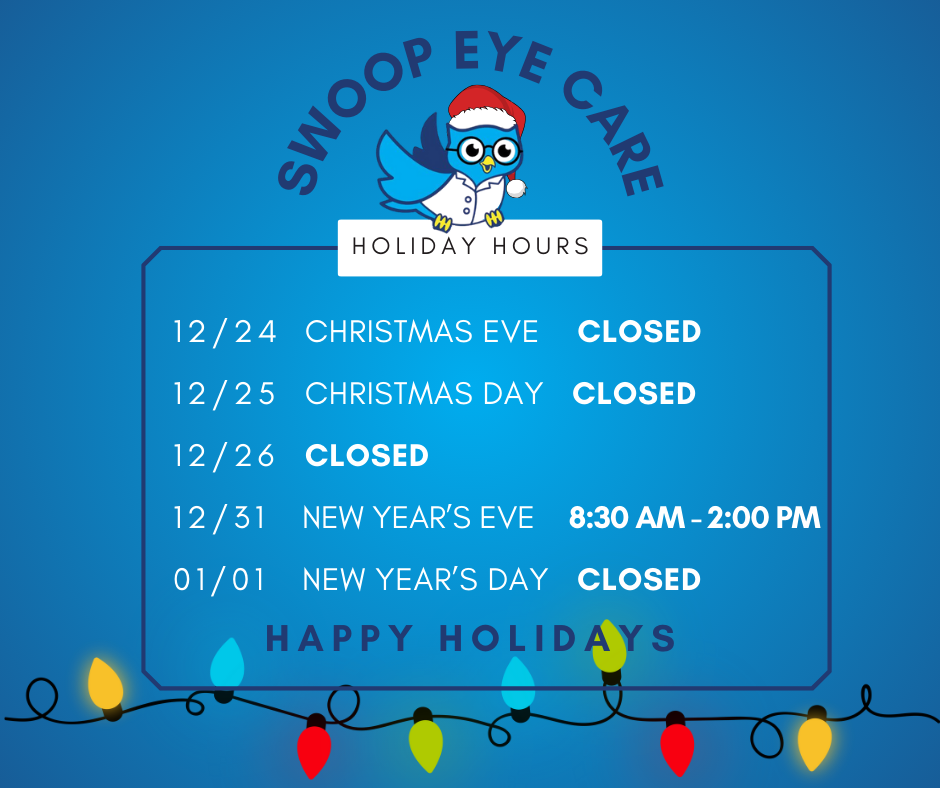
A Binocular Vision Evaluation is an assessment by a neuro-optometrist or developmental optometrist to assess, evaluate, diagnose, manage, and treat visual pathway and/or vision processing disorders causing many varying symptoms (see a brief list below). A neuro-optometrist or developmental optometrist assesses interaction or eye teaming of your two eyes (binocular system) by evaluating the overall strength, endurance, flexibility at distance & near, peripheral vision awareness, and/or the vestibular-ocular reflex of the binocular system.
Patients often experience signs/symptoms as follows:
Double Vision
Blurry vision at near or focusing problems
Blurry vision at distance
Skipping lines when reading
Tracking problems
Headaches
Closing an eye to see clearer
Words moving on a page
Poor Depth Perception
Squinting
Head Tilts (right, left, up, down)
Eye Turns
Dizziness
Motion sickness
Balance problems
Poor reading ability
Difficulties with body-hand-eye coordination
Patients are diagnosed with many of the following:
Focusing Problems: Accommodative Spasms, Accommodative Infacility, Accommodative Insufficiency, Ill-Sustained Accommodation
Eye Muscle Problems: Convergence Insufficiency, Convergence Excess, Divergence Insufficiency, Divergence Excess, Esophoria, Exophoria, Intermittent Esotropia, Intermittent Exotropia, Vertical Heterophoria
Eye Turns: Exotropia, Esotropia, Intermittent Exotropia, Intermittent esotropia, Vertical Strabismus, Strabismus, Strabismic Amblyopia
Lazy Eye: Amblyopia, Refractive Amblyopia, Strabismic Amblyopia
Other Eye Concerns: Aniseikonia, Anisometropia
Eye Teaming: Deficit of Saccadic Dysfunction, Deficit of smooth pursuits
Palsies: Third Nerve Palsies, Fourth Nerve Palsies, Sixth Nerve Palsies, Conjugate Gaze palsies
Nystagmus (involuntary eye movements back & forth/up & down)
Photophobia (light sensitivity)
These binocular vision disorders/dysfunctions manifest many vision & eye related problems that may impact a patient’s lifestyle, work and/or school productivity, sports performance, and many other everyday activities that many of us without these binocular vision dysfunctions/deficits do not experience.
| Comprehensive Eye Exam | Binocular Vision Evaluation/Assessment | |
|---|---|---|
| Exam Differences |
|
|
| Approximate Time with Optometrist | 10-20 minutes | 40 minutes-1 hour |
| Coverage? | Most major medical insurance carriers have routine eve examination coverage. | Problem-oriented visit similar to an office visit for another medical issue that applies to your individual deductibl, co-insurance, and/or copays that apply for medical services. |
| Approximate Cost | $200-$320 | $350-$500 |
| Range of Cost Explanation | Testing and obligation by your insurance carrier | Complexity of the problem-oriented visit |
| Vision Discount Plans | Swoop Eye Care is NOT in-network with any vision discount plan | Binocular Vision Evaluation = Non-Covered Service |








